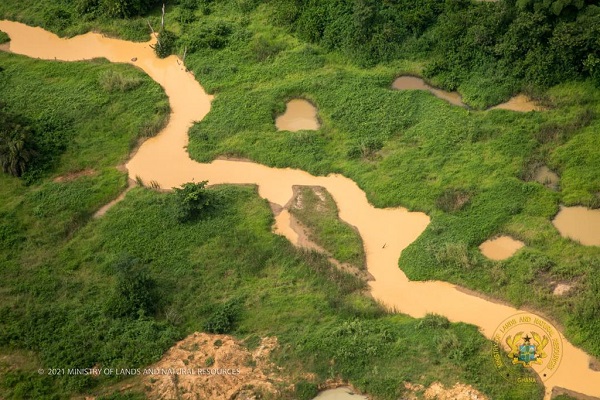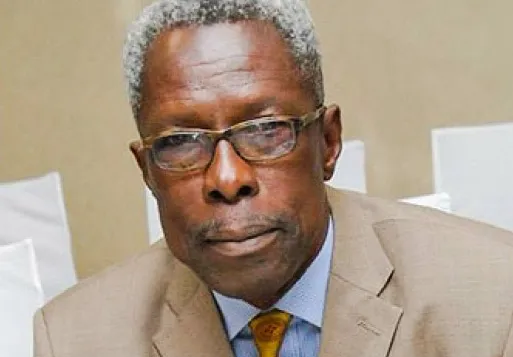
The CEO of the Ghana Chamber of Commerce and Industry (GNCCI), Mark Badu-Aboagye, has called for stricter measures to tackle illegal mining, also known as galamsey, while promoting business sustainability.
Speaking in a media interview, September 26, he stressed the need for a green and resilient economy, urging businesses to adopt ethical practices that protect the environment.
“We don’t support anything that will disrupt our business operations,” Badu-Aboagye stated. He emphasized that the GNCCI is actively engaging its members, especially in mining towns like Tarkwa, to advocate for a circular and green economy.
“We are promoting ethical business practices… Our theme is adaptability and innovation in a green economy,” he added, outlining the Chamber’s project with EU funding to promote sustainability in the Northern regions.
Sustainability over Profit
Mr Badu-Aboagye made it clear that businesses must consider the environmental impact of their activities, not just financial profits.
“You are making a profit, but what is the impact of your activity on the environment? Are you generating more waste than you should?
“What are you doing to ensure you don’t negatively impact the environment?” he questioned, warning that unethical practices like illegal mining could jeopardise future generations.
He drew attention to the destructive effects of galamsey on Ghana’s water bodies, stating, “If our forefathers had done galamsey to destroy the land, we wouldn’t even have a place to dig today.”
The GNCCI boss lamented the loss of clean water sources, recounting a viral video where a woman was forced to use heavily polluted river water to process chicken for export.
“People outside Ghana are suffering from the effects of galamsey… The international community should be concerned.”
Strong Leadership and Accountability Needed
Mr Badu-Aboagye called for strong leadership and accountability throughout the illegal mining value chain.
“You don’t go after the small boys who are digging; the big people are there. If the banks themselves are aware… just like anti-money laundering, there must be a strong policy direction to punish those involved.”
He pointed out that the equipment used in galamsey, such as excavators, do not “fly from space” but are transported openly through towns.
“Our opinion leaders… what are they doing? Have people been compromised?” he asked, highlighting the need for vigilance from all sectors of society.
The Role of Private Sector and Job Creation
With illegal mining rampant, Badu-Aboagye argued that simply banning the activity would not be enough.
“We can’t just sack them and say stop galamsey without creating jobs for them…The private sector, which employs 94% of the labour force, must be stimulated to grow,” he explained, adding that agriculture could be a viable alternative.
He pointed to government initiatives like the Planting for Food and Jobs program, urging for better planning to integrate illegal miners into more sustainable ventures.
“They can’t sleep on empty stomachs,” he said, stressing the need for long-term solutions.
GNCCI Awards to Honor Sustainable Businesses
As part of its advocacy for a green economy, the GNCCI has set strict criteria for its awards, recognising businesses that prioritize environmental sustainability.
“If your profit is the highest, but what you are doing is negatively impacting the environment, we won’t give you an award,” Mr Badu-Aboagye declared.
He revealed that their annual awards, to be held on Friday, September 27, would honour companies making meaningful contributions to a sustainable economy.
Story by: Richard Nana Appiah Kubi/Ahotoronline.com




